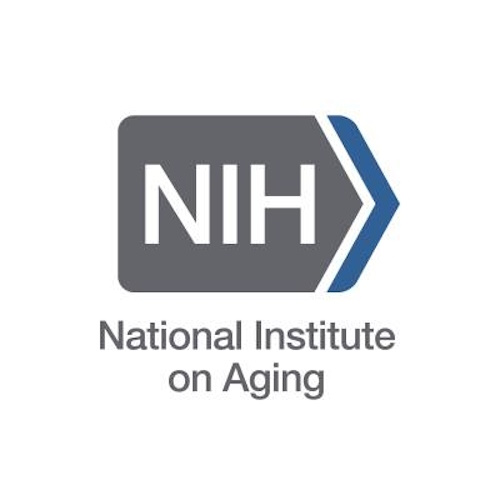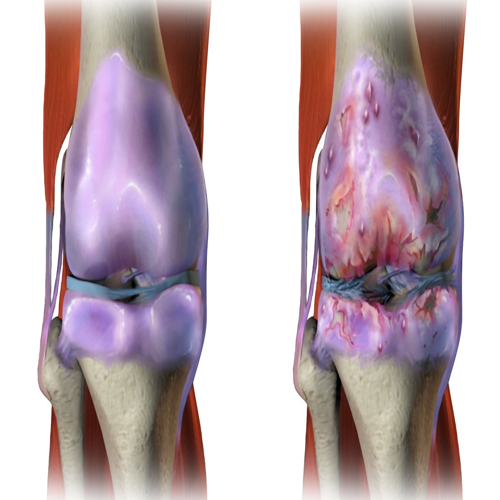Key points from article :
Joints with arthritis contain many molecules that promote chronic inflammation.
A research team altered cartilage cells from pigs to produce an anti-inflammatory molecule.
Identified a protein called TRPV4 in the membrane of cartilage cells.
TRPV4 activates specific genetic pathways associated with inflammation and metabolism.
Modified these genetic circuits to produce an anti-inflammatory molecule, interleukin-1 receptor antagonist (IL-1Ra).
When exposed to mechanical forces or osmotic loading, the engineered cells produced IL-1Ra.
Customized by harnessing different cellular pathways that turn on and off at different times.
Exposed the engineered cartilage to both an inflammatory molecule and osmotic loading for three days.
Cartilage that produced IL-1Ra maintained its structure and strength.
“....a framework to deliver therapies in response to a variety of medical problems,” - Farshid Guilak, corresponding study author.
Study by Washington University published in the Journal Science Advances.







